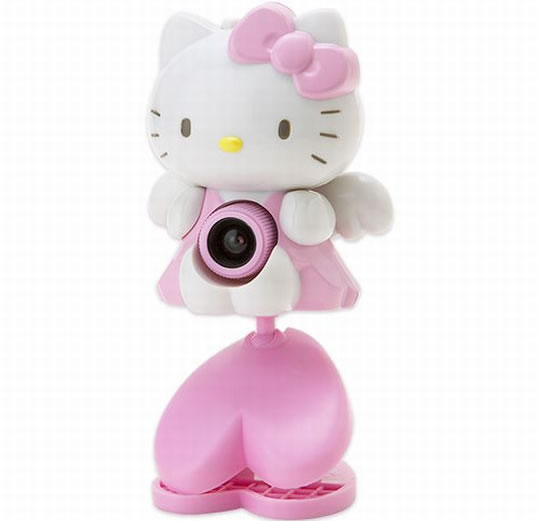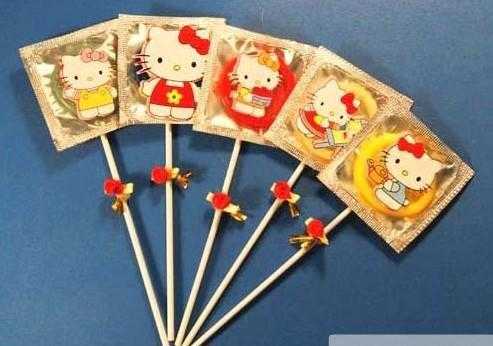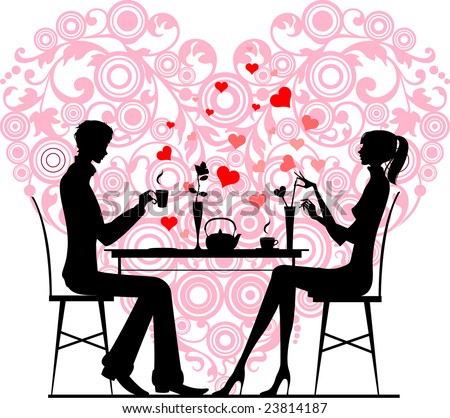These
days, when a bride floats down the aisle we think of a monogamous
future in which she and her husband are blissfully faithful forever;
anything else seems shocking, bohemian, perverse. Take the unusual and
much-talked-about ménage of flame-haired actress Tilda Swinton. She
lives in a large, rambling house in Scotland with her twins and their
father, playwright John Byrne — and her lover, Sandro Kopp, a beautiful,
shaggy-haired artist nearly 20 years younger than she is, sometimes
lives there too. When pressed by reporters, she has called her
arrangement "sane," which is about the last word most of us would
associate with that kind of home life. "We are all a family," she has
said. "What you must also know is that we are all very happy."
No
doubt there are hidden difficulties that Swinton is not delving into.
But is it possible that other ways of life can offer a rich or
complicated kind of happiness? Is our idea of love perhaps too narrow,
too literal, too unimaginative? The legendary journalist Gay Talese has
been married to his glamorous editor wife, Nan, for 50 years this past
June, and he is currently writing a book on their extraordinary and epic
relationship. Over the years, he has had what he calls "romantic
friendships" with other people, but the Taleses have maintained a closer
and deeper connection than that of many more ordinary couples. "One can
coast on the pillow talk of an affair for years. Affairs don't have the
burden of breakfast, lunch, and dinner," Talese says. "But in the end,
sex is not that important. The premier affair is marriage. Marriage is
the main event."
In
the 1910s and '20s, it was fashionable in certain circles to carry on
with this type of romantic experiment. Virginia Woolf's sister, Vanessa
Bell, a ravishing, statuesque painter who liked to wear gypsyish head
scarves, lived on an English country estate with her lover, Duncan
Grant, his gay lover, and her children, and her husband sometimes popped
by for a week or two. She believed it was more important to live fully
than to be conventionally comfortable or secure. One of Bell's frequent
guests and ex-flames, the art critic Roger Fry, called her unorthodox
household "a triumph of reasonableness over the conventions."
Open
marriages have always fascinated and unsettled us because they threaten
our assumptions; they raise questions we prefer not be raised. Is it
too much to ask that one be attracted to, or intimate with, only one
person for the rest of his or her days? How can we balance the comfort
and stability of marriage with the desire for novelty and freshness? How
does one resolve the yearning for freedom with the need for a settled
life? A friend of mine has a pact with her husband that if one of them
has a one-night stand while traveling away from the family, it's okay.
She tells me, "In a long marriage begun in one's 20s, it seems to me
that fetishizing monogamy is a mistake. Our arrangement is that if a
partner wants to explore a fleeting intimacy with another while, say,
abroad, this is okay, with the caveat that it's like gays in the
military: Don't ask, don't tell." They've agreed that a far-flung fling
every once in a while is not threatening to their relationship. This
pact seems bewildering and scandalous to nearly everyone they describe
it to. But for them, the possibility — the idea itself — lets some air
into the marriage.
But
are open marriages happy? We all know about spiking divorce rates in
the '70s and the crazy ice storm that was marriage at that time. In
1972, there was a best-selling book, Open Marriage, that asked, "Is it
the 'unfaithful' human being who is the failure, or is it the standard
itself?" But its co-author Nena O'Neill recanted several years later,
writing that fidelity was central to marriage. Jealousy is not, after
all, an easy emotion to overcome. The fantasy that one can transcend
rogue feelings like possessiveness and anger is rarely ever true, but
one still can't help noticing that there are some unconventional
marriages that endure where more traditional unions fail.
Talese
says that offbeat marriages can be stronger "because you are both free
and you remain together by choice, because of your admiration for each
other day by day. I've never for one day in 50 years felt that Nan
didn't love me, and she's never felt that I didn't love her."
It is an act of imagination to live differently from everyone else, and maybe, in rare and magnificent moments, it works.











